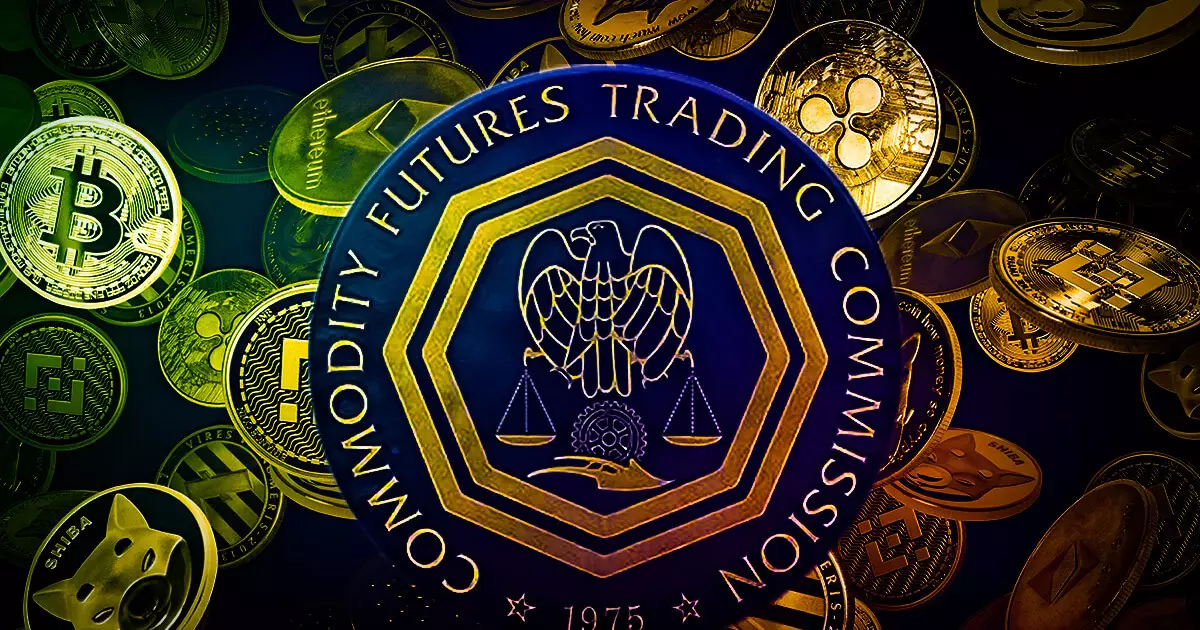In a landmark ruling, the United States Court of Appeals for the District of Columbia Circuit declared that prediction markets permitting betting on U.S. elections are legitimate. This decision, rendered on October 2, comes after a significant challenge posed by the U.S. Commodity Futures Trading Commission (CFTC). The regulator sought an emergency administrative stay against a prior court ruling which had sided with Kalshi, a platform that specializes in prediction markets. The appellate court concluded that the CFTC did not sufficiently demonstrate that public harm would occur through the availability of election-related contracts.
The court’s affirmation of Kalshi’s right to offer U.S. election-related contracts is a pivotal moment for the burgeoning field of prediction markets. In a statement shared on social media platform X, Tarek Mansour, the founder of Kalshi, expressed relief and triumph, announcing that the legality of U.S. presidential election markets was now settled. This decision not only enables Kalshi to recommence its offering of electoral contracts but also opens the doors for potential growth and innovation in this sector. Nevertheless, the court did issue a cautionary note, indicating that a new CFTC motion for a stay could occur if new persuasive evidence comes to light.
The CFTC’s decision to halt Kalshi’s political contracts stemmed from a request made by the prediction market to list a contract determining which political party would control the U.S. Congress. This prohibition raised the legal question of the regulator’s authority and sparked a lawsuit when Kalshi asserted that the CFTC’s action exceeded its jurisdiction. Following a favorable ruling from Judge Cobb, the subsequent CFTC attempts to enforce a stay were met with skepticism by the appellate court, showcasing an evolving legal understanding of regulatory boundaries in the realm of financial speculation related to elections.
The ruling comes amidst a politically charged environment, exemplified by a letter signed by several prominent U.S. lawmakers—such as Senators Elizabeth Warren and Chris Van Hollen—calling for a crackdown on these prediction markets. These legislators expressed concern that allowing betting on elections undermines public trust in the democratic process. They argued that elections should not be treated as commodities and sought the CFTC’s intervention to protect electoral integrity. Contrarily, Congressman Richie Torres took a divergent stance, advocating for regulatory measures that would enable prediction markets rather than outright prohibitions, highlighting a growing rift in congressional perspectives on the issue.
Kalshi’s legal victory is likely to influence the future of prediction markets in the U.S., potentially setting a precedent for other platforms like BET and Polymarket, which also focus on predictive betting around major events, including elections. If the CFTC chooses to heed the calls from certain lawmakers for stricter oversight, the landscape of these markets could shift dramatically. Conversely, if the trend of legal affirmations continues, it could spell a new era of regulated but thriving prediction markets, contributing to the way political events are forecasted and engaged with by the public. As the conversation around electoral betting continues to evolve, the balance between regulation, public trust, and innovation will be key in shaping the future of prediction markets in the American political arena.



















Leave a Reply